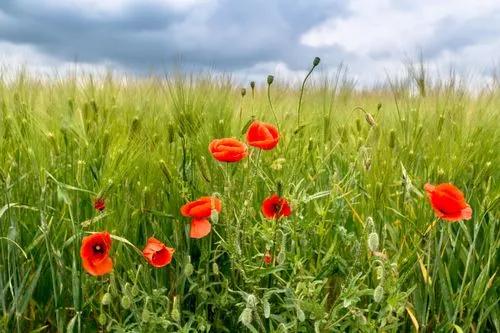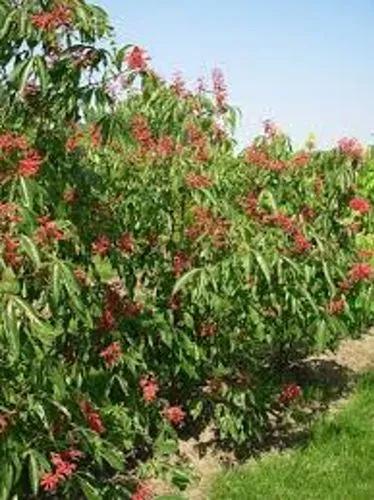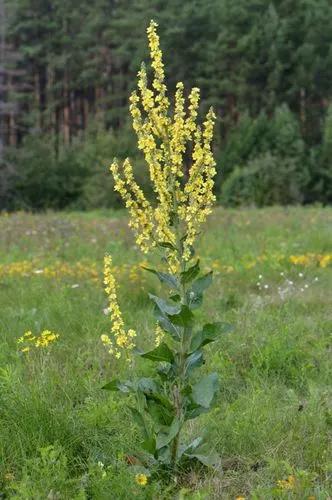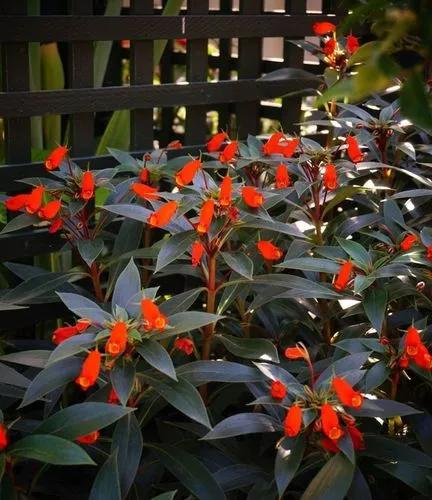Polygonatum odoratum is a colonizing herbaceous perennial growing to 85 cm (33 in) tall by 30 cm (12 in) wide, with alternate, simple leaves on arching stems. The scented tubular flowers are white with green tips, borne in spring and hanging from the underside of the stems.
Angled Solomon's Seal Care
Polygonatum Odoratum



How to Care for the Plant

Water

Water regularly, waiting for the surface part of the substrate to dry

Pruning

They can be intensively pruned at the end of winter to favor the next flowering.

Fertilizer

Fertilize with compost or manure in late winter and with mineral fertilizer every 15 days during spring and until flowering ends.

Sunlight

Polygonatum odoratum prefers a shady exposure but also grows in semi-shade; direct sun does not suit them in Mediterranean, tropical or subtropical climates. T

Soil

The soil must be acidic, well drained, and contain abundant organic matter. Planting is done in spring or autumn.

Temperature

They do not resist heat well, but they do resist intense frosts.

Popularity

592 people already have this plant 87 people have added this plant to their wishlists
Discover more plants with the list below
Popular articles






